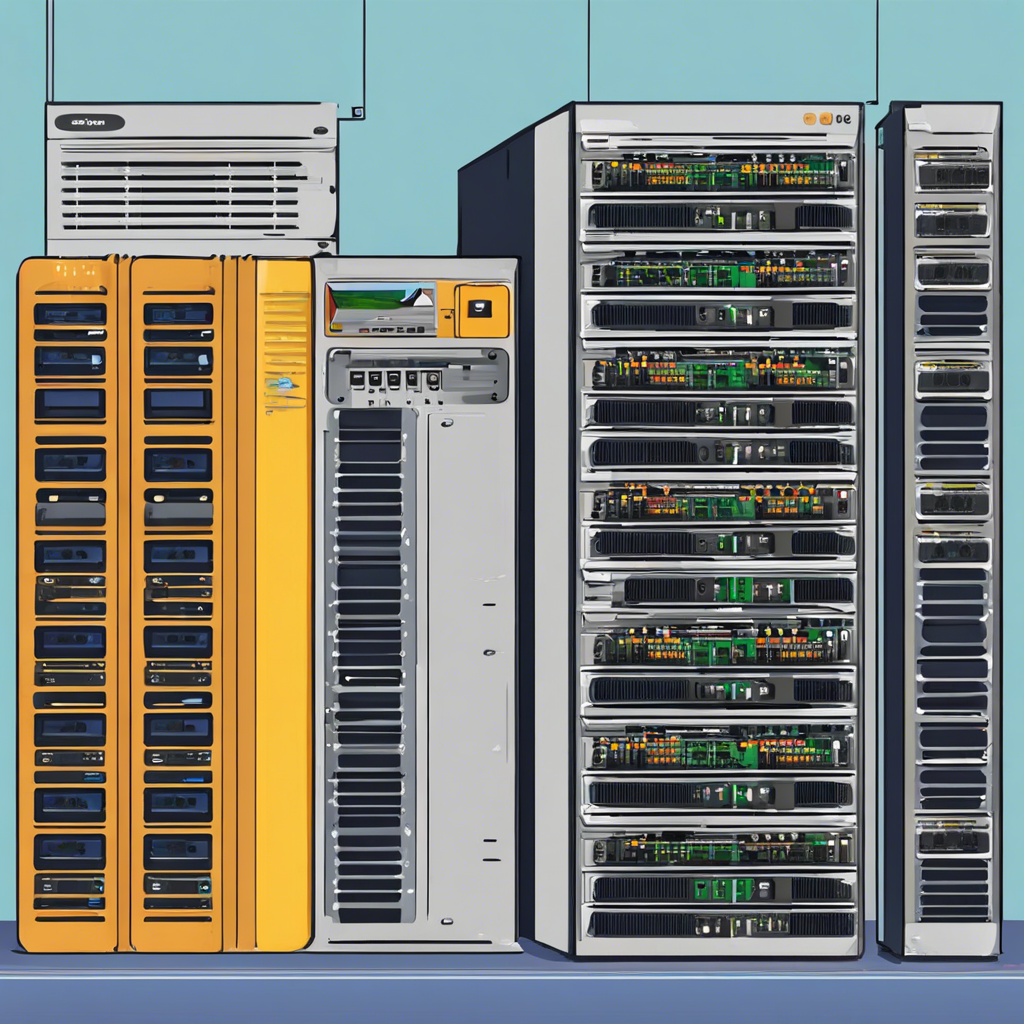Explore the advantages of web hosting control panels, enhancing website management and efficiency.
In the vast landscape of web hosting, a control panel acts as a command center, offering a centralized interface for managing various aspects of your website. This powerful tool is particularly beneficial for website owners, developers, and administrators, providing a simplified and efficient approach to website administration. By consolidating essential functions, a web hosting control panel streamlines the process of overseeing your online presence, making it an indispensable asset for anyone in the digital realm.
The benefits of utilizing a web hosting control panel are numerous and diverse, catering to the needs of both novice and experienced webmasters. From simplifying server management to enhancing website security and providing comprehensive analytics, these control panels are designed to optimize your online presence and streamline your website’s backend operations.
## The Convenience of Web Hosting Control Panels
A web hosting control panel is more than just a tool; it’s a gateway to efficient website management. Here’s a glimpse into its advantages:
###
Streamlined Server Management
Say goodbye to complex server configurations and tedious command-line interactions. With a control panel, server management becomes a breeze. Functions such as
setting up new websites
,
managing databases
, and
configuring email accounts
are just a few clicks away.
###
Enhanced Security
Security is paramount in the digital realm. Control panels offer robust security features, allowing you to
manage SSL certificates
,
implement firewall rules
, and
monitor access logs
effortlessly. These tools empower you to protect your website and its visitors.
###
Comprehensive Management Tools
####
File Management
Control panels provide user-friendly interfaces for
uploading, downloading, and managing files
. This feature is particularly useful for website updates, ensuring a seamless experience.
####
Domain and DNS Management
Managing domains and DNS records is crucial for website functionality. Control panels simplify this process, allowing you to
add, edit, and manage domain settings
with ease. Learn more about pointing to DigitalOcean nameservers from common domain registrars for comprehensive domain control.
####
Database Management
Databases are the backbone of dynamic websites. Control panels provide intuitive tools for
creating, editing, and managing databases
, making data handling efficient.
###
Analytics and Monitoring
Stay informed about your website’s performance with built-in analytics and monitoring tools. Track
bandwidth usage
,
visitor statistics
, and
resource allocation
to optimize your online presence.
##
Frequently Asked Questions
###
What are the advantages of using a control panel for web hosting?
Control panels provide an intuitive interface for managing various aspects of your website, from server configurations to file management and security settings. They simplify complex tasks, making web hosting more accessible and efficient.
###
How do control panels improve website security?
Control panels offer a range of security features, including SSL certificate management, firewall configuration, and access log monitoring. These tools empower website owners to fortify their online presence and protect sensitive data.
## Conclusion
The web hosting control panel is a pivotal tool in the digital toolkit, offering a centralized interface for managing the complexities of websites. Its features, such as server management, security enhancements, and comprehensive analytics, contribute to a streamlined and efficient online presence. By embracing the power of control panels, website owners, developers, and administrators can focus on creating compelling content and delivering exceptional user experiences.
## External Links and Anchor Texts:
1. DigitalOcean Control Panel: A Comprehensive Guide
2. What is a Control Panel? A Beginner’s Guide
3. How to Use cPanel: A Beginner’s Tutorial
